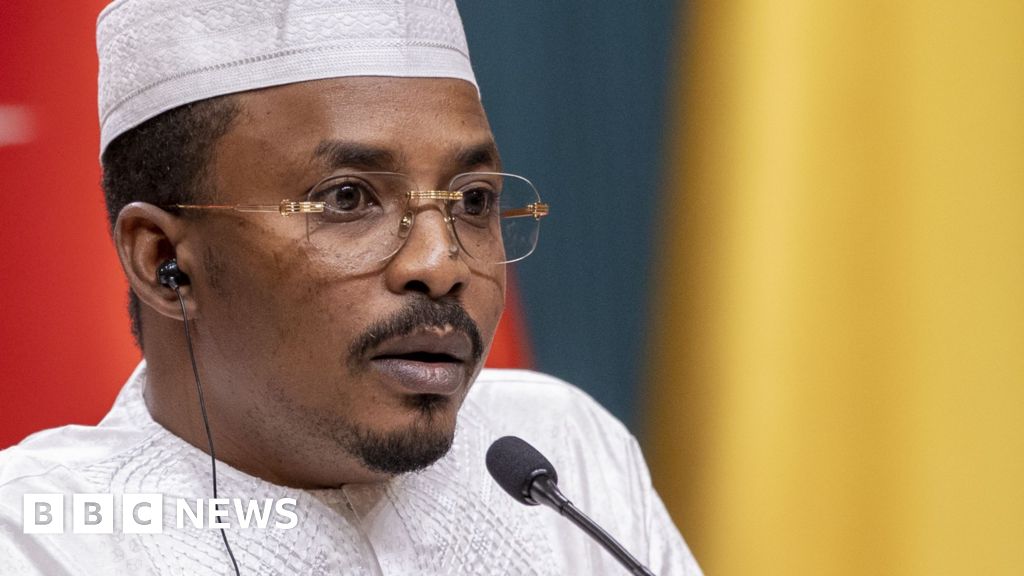Chad Suspends U.S. Visas in Response to Trump’s Travel Ban
The Central African nation of Chad has announced it will cease issuing visas to United States citizens, citing a sense of “pride and dignity” as the driving force behind this reciprocal action. This decision comes on the heels of a new travel ban imposed by the U.S. government, which restricts entry to the U.S. for nationals from a total of twelve countries, including Chad, due to security concerns.
President Déby’s Reaction
Chadian President Mahamat Idriss Déby Itno expressed profound disappointment over the U.S. travel restrictions in a Facebook post released on Thursday. He articulated that Chad may not have the vast resources to compete with the U.S., but it nonetheless possesses its own dignity. “Chad has neither planes to offer nor billions of dollars to give, but Chad has its dignity and pride,” the President stated.
Impact on African Nations
The travel ban, which takes effect on June 9, 2025, notably impacts several nations across Africa, which is the continent most affected by this policy. Included in the ban alongside Chad are Libya, Somalia, Sudan, and several other countries, resulting in widespread discontent among affected nations.
| Country | Visa Restrictions |
|---|---|
| Chad | Suspension of all visas |
| Libya | Suspension of all visas |
| Somalia | Suspension of all visas |
| Sudan | Suspension of all visas |
| Afghanistan | Suspension of all visas |
| Iran | Suspension of all visas |
Reactions from Other Affected Nations
The travel ban has drawn mixed responses from the nations involved. For instance, Somalia’s government quickly voiced its commitment to working with the U.S. to address security issues as they pertain to their citizens. However, Chad’s officials expressed surprise and discontent regarding the basis of the ban, with Foreign Minister Abdoulaye Sabre Fadoul stating that the rationale ignores Chad’s substantial efforts in counter-terrorism.
International Implications
The decision has ignited discussions among international organizations as well; the African Union has expressed concern regarding the potential ramifications of such travel restrictions and has encouraged the U.S. to engage in more meaningful dialogue with affected countries prior to implementing such measures.
Old Concerns Resurfacing
Many citizens from affected nations shared their apprehensions about the implications of the travel ban. An Eritrean expressed the collective pain associated with the challenges posed by the regime at home and now the challenges with U.S. immigration policies, underscoring the difficulties faced by those trying to reunite with family members abroad.
A Broader Context
This travel ban aligns with a commitment made by former President Donald Trump during his 2024 election campaign. His administration had previously implemented a similar ban in 2017, which included some of the same countries, leading to significant legal debates and public outcry. With the new set of restrictions, it is anticipated that legal challenges may again arise, echoing contentious discussions from past years.
As the June 9 implementation date approaches, citizens and governments alike await to see how these developments will unfold in the coming weeks.


